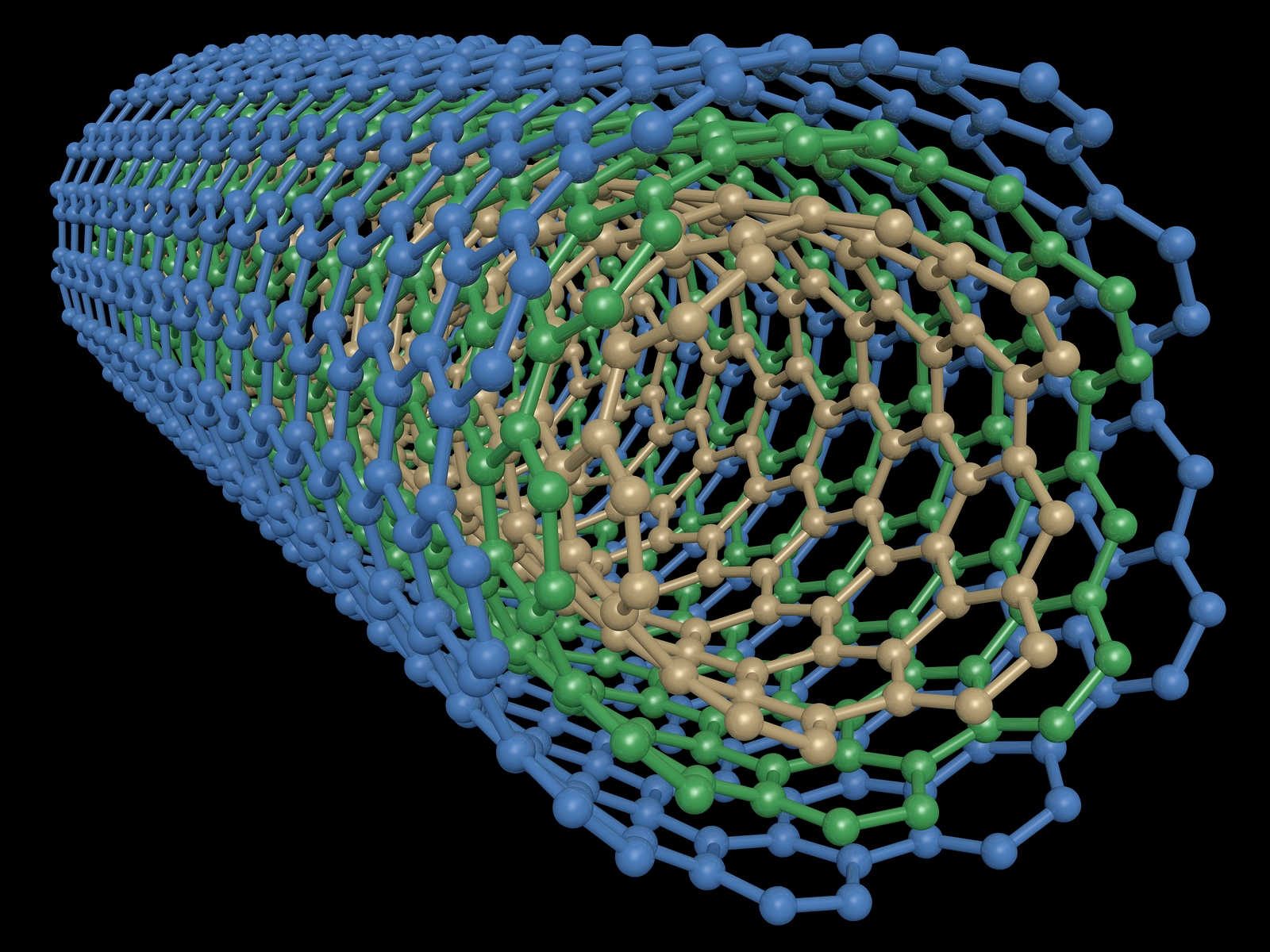
It is suitable for use in homes, offices, schools, clinics, and other commercial environments, Seldon says. The filter removes pathogens and contaminants such as viruses, bacteria, cysts and spores, delivering water that meets or exceeds the USEPA Drinking Water Standard. The company says its system delivers drinking water without the use of chemicals, heat, or power: vital for use in developing countries where it is most needed.


US company Seldon Technologies has developed the MineralWater System using its "Nanomesh Purification Technology" – a carbon nanotube filtration system – to do just that. Take water purifiers, for example, the size, surface area and adsorption properties of carbon nanotubes make them an ideal membrane for filtering toxic chemicals, dissolved salts and biological contaminants from water. Since 2006, worldwide carbon nanotube production capacity has increased at least tenfold."ĭr De Volder's recent science review paper of commercially available carbon nanotube applications gives a flavour of just how widespread a real impact the technology is starting to make. "However, carbon nanotube related commercial activity has grown most substantially during the past decade. "The beginning of widespread carbon nanotube research was preceded in the 1990s by the first scientific report of CNTs, although hollow carbon nanofilaments were reported as early as the 1950s," Dr De Volder says. But it's a level of production that has taken around 20 years to achieve. The success of carbon nanotubes (CNTs) is proved by a surprising statistic: worldwide commercial production capacity presently exceeds several thousand tons per year, according to Dr Michael De Volder, recently appointed lecturer at the Department of Engineering's Institute for Manufacturing. But, like other 'great technologies of the the future', are we over hyping nanotubes? Are they near passing the real test – that of widespread practical use? The answer is a qualified yes.


 0 kommentar(er)
0 kommentar(er)
